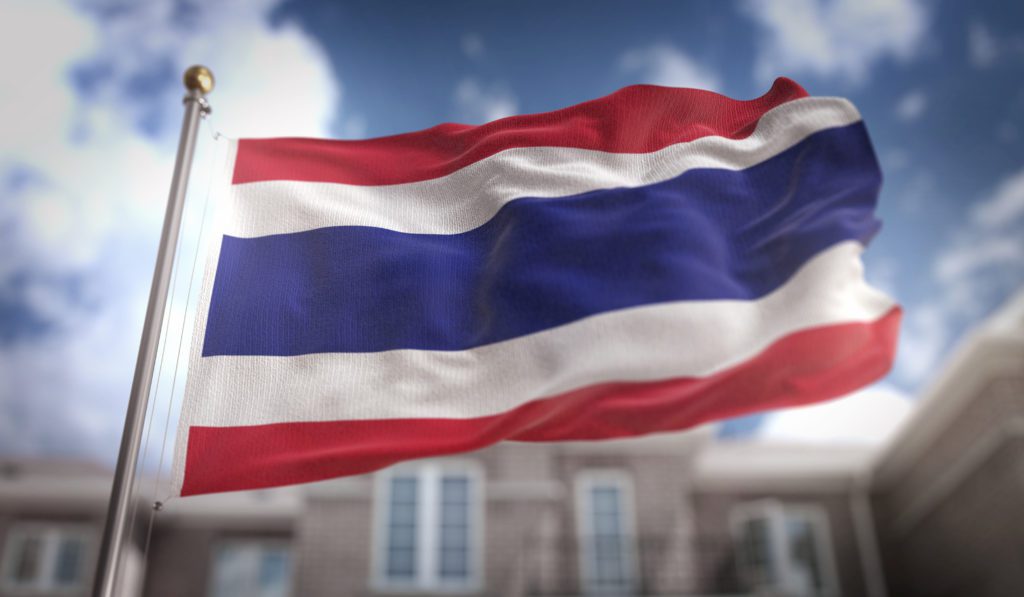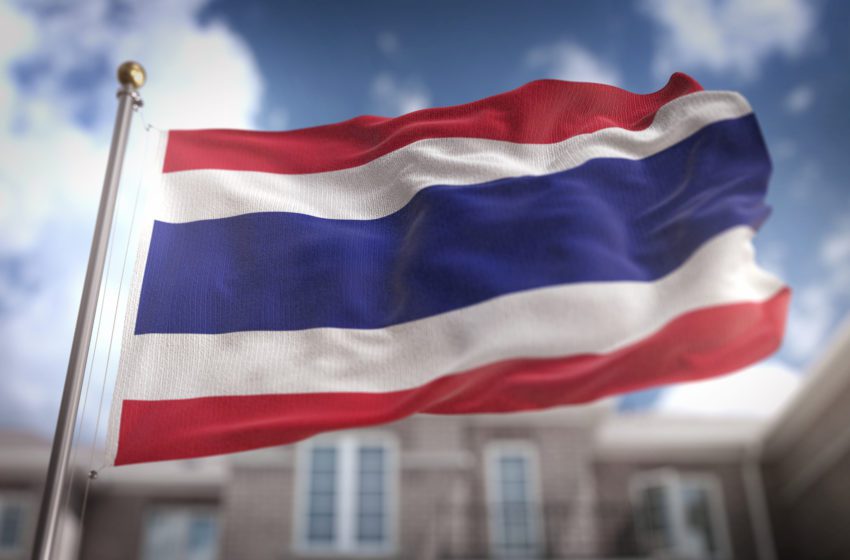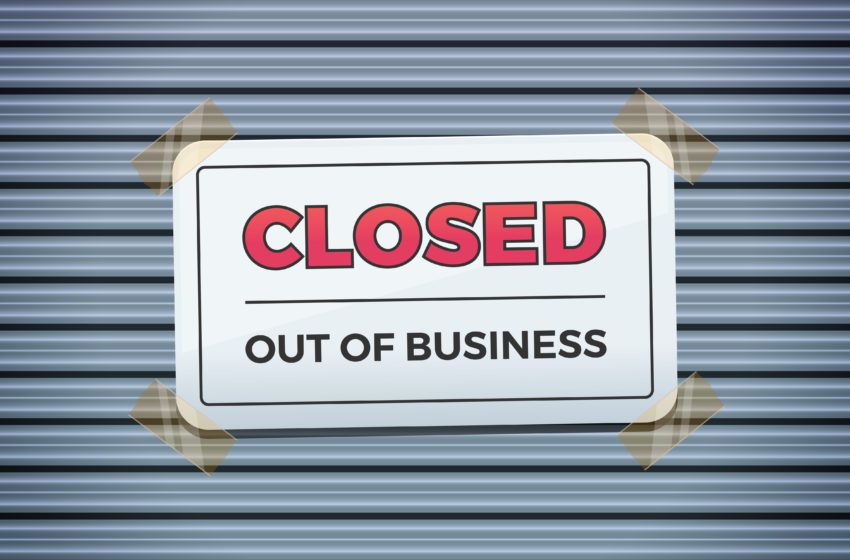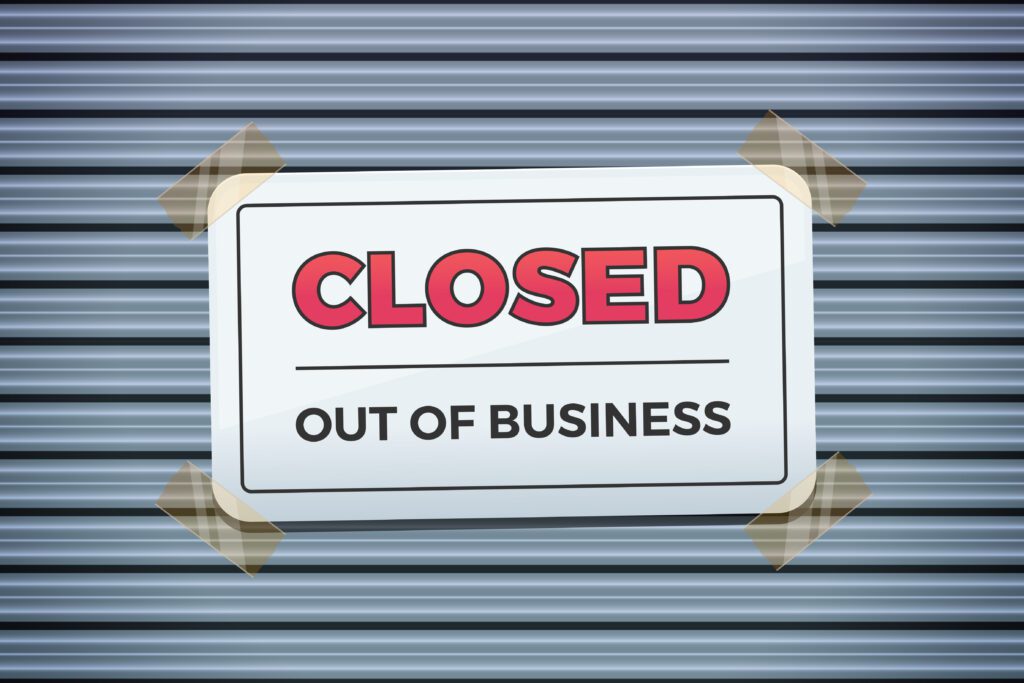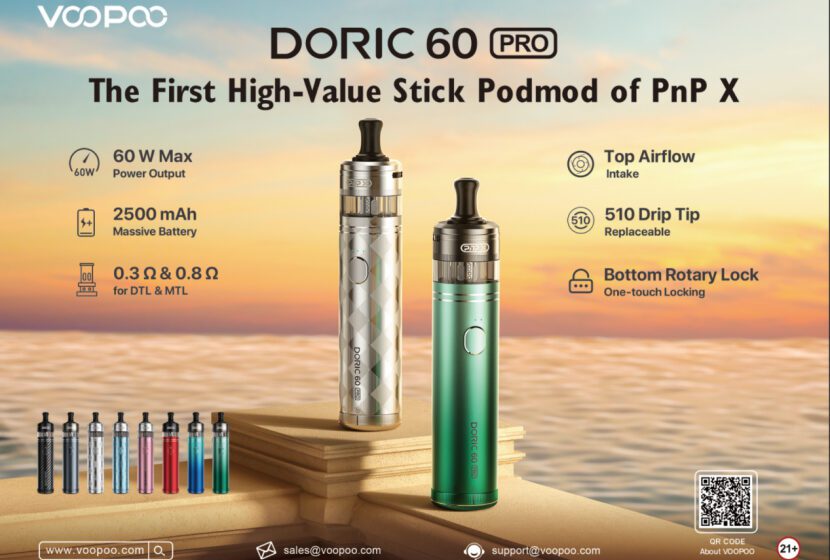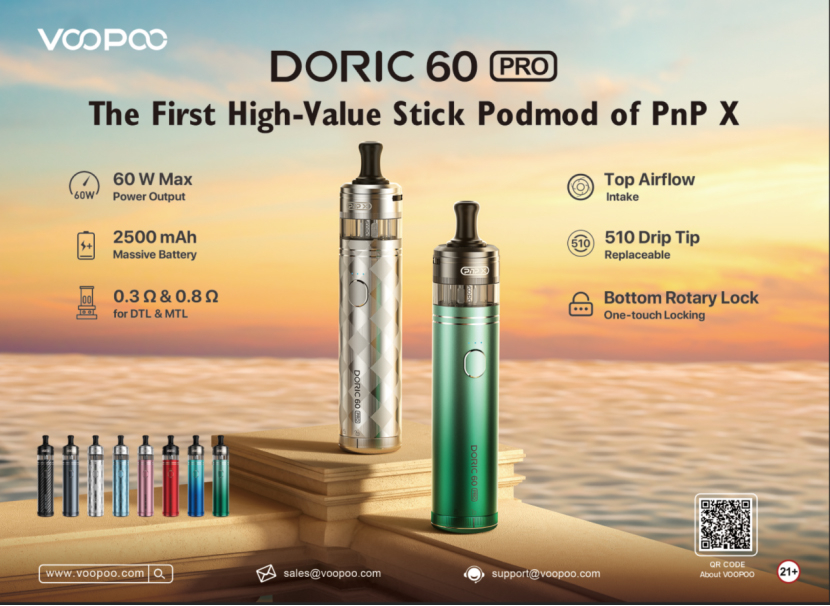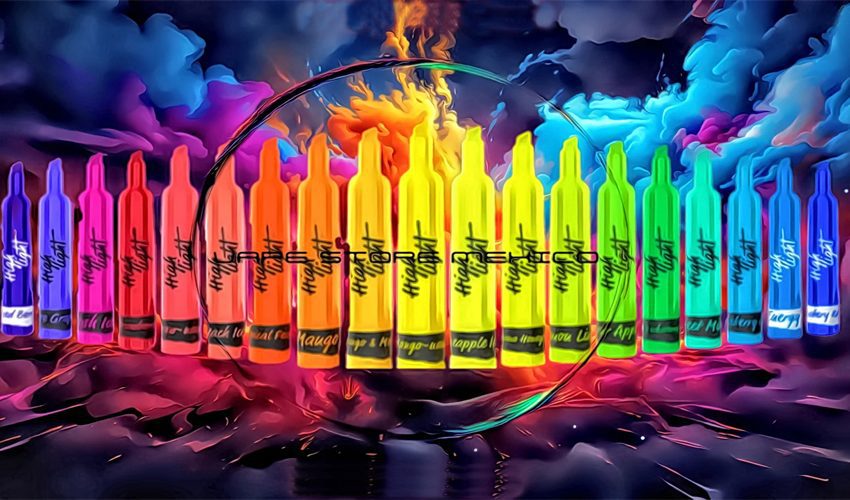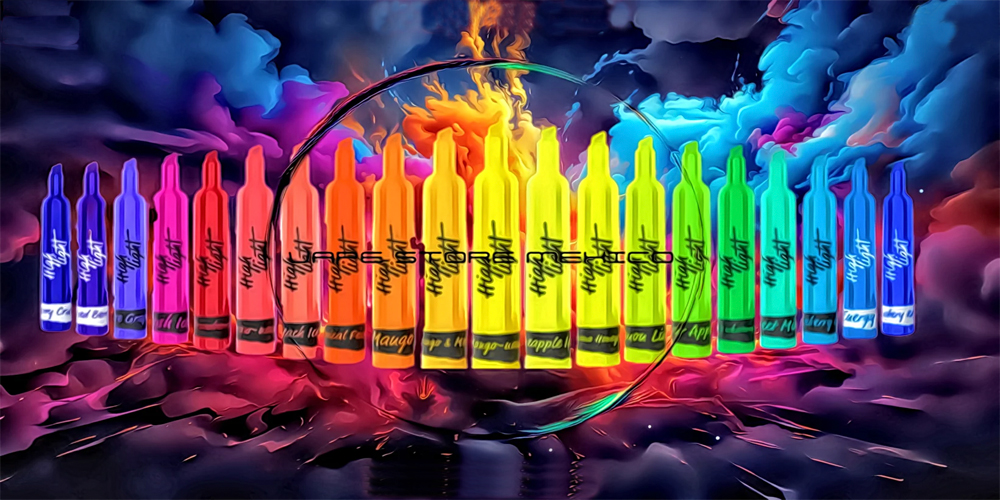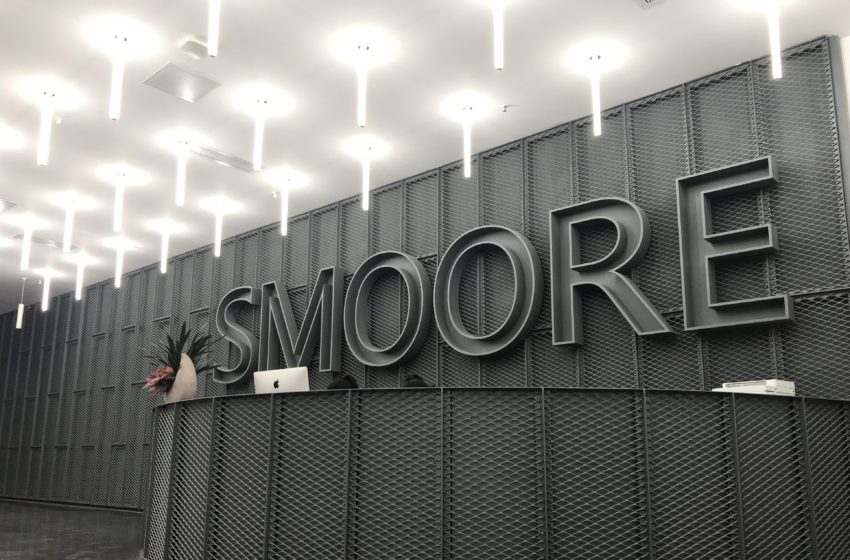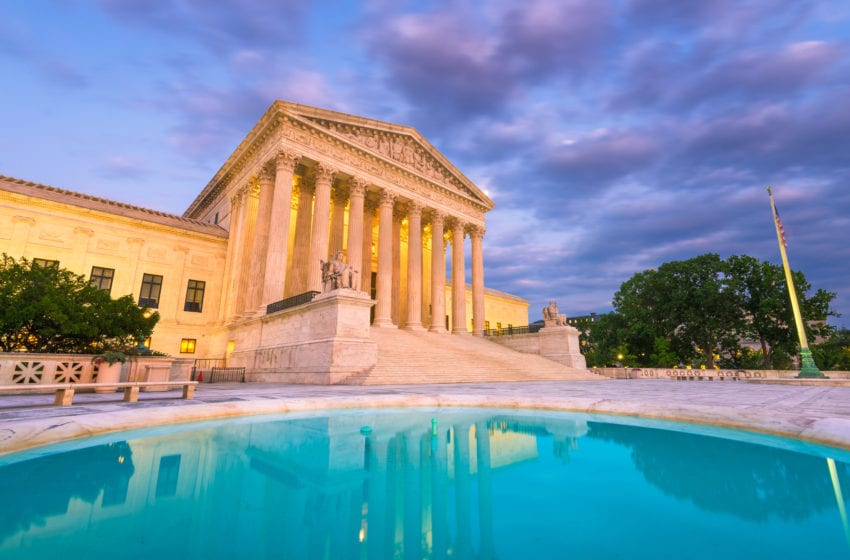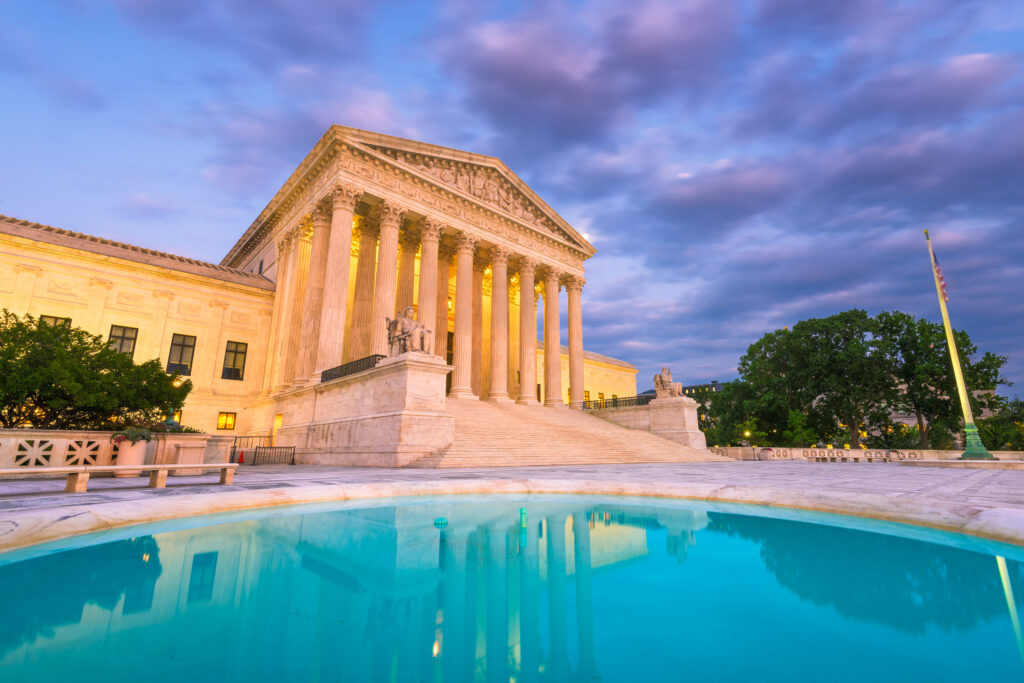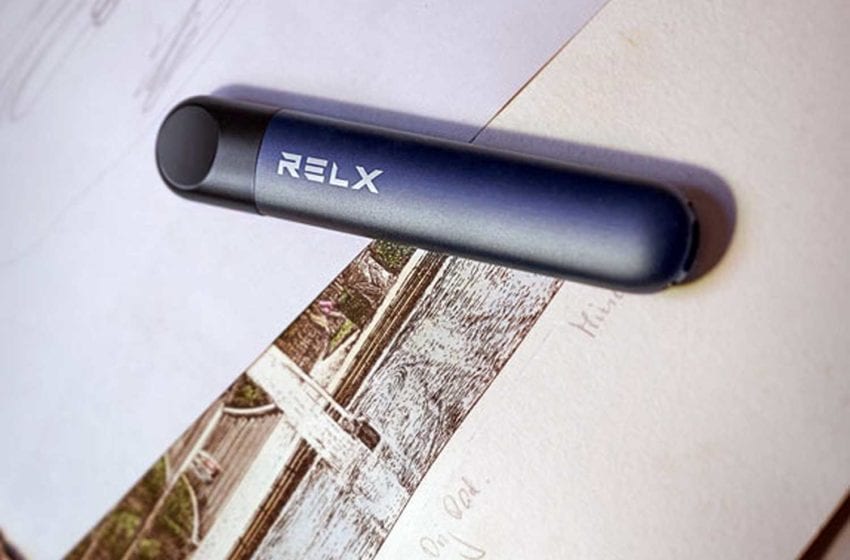The end of Chevron deference could have ripple effects across the nicotine industry.
By Timothy S. Donahue
U.S. courts will no longer need to “humbly respect” how government agencies interpret the law. The end of Chevron deference means unelected officials will no longer have the leeway to subjectively decide what Congress intends when it passes regulatory legislation.
The court’s ruling in Loper Bright Enterprises v. Raimondo and the related case Relentless v. Department of Commerce will likely have far-reaching impacts on nearly every action government agencies take. For the nicotine industry, it could change how courts view the U.S. Food and Drug Administration’s premarket tobacco product application (PMTA) process. It could also impact the agency’s efforts to regulate menthol and lower the levels of allowable nicotine in combustible cigarettes.
“For far too long, unelected bureaucrats at the FDA have been making up the law to suit their ulterior agenda and … the Supreme Court has thankfully put a stop to it once and for all,” said Allison Boughner, vice president of the American Vapor Manufacturers Association, in a statement. “No longer will it be good enough for [prohibitionists] in Congress to write vague, Crayola language and then connive behind closed doors with FDA to impose arbitrary policies on the American public that could never withstand the light of day. [This] ruling is a stirring rebuke of FDA and, we hope, with more soon to follow in pending cases.”
In declaring the doctrine’s demise, Chief Justice John Roberts wrote that agencies “have no special competence” in resolving statutory ambiguities—but courts do.
“Chevron is overruled,” wrote Justice Roberts in the Loper Bright decision. “Courts must exercise their independent judgment in deciding whether an agency has acted within its statutory authority, as the APA [Administrative Procedure Act] requires. Careful attention to the judgment of the Executive Branch may help inform that inquiry.
“And when a particular statute delegates authority to an agency consistent with constitutional limits, courts must respect the delegation while ensuring that the agency acts within it. But courts need not and under the APA may not defer to an agency interpretation of the law simply because a statute is ambiguous.”
Agustin E. Rodriguez, a partner with Troutman Pepper, explained that “under the doctrine of Chevron deference, courts would defer to a federal agency’s interpretation of an ambiguous statute if the agency was charged with administering the statute in question and its interpretation was reasonable. However, the end of Chevron deference may alter that traditional thinking.”
Bryan Haynes, also a partner at Troutman Pepper, added, “The Supreme Court’s decision overruling Chevron in the Loper Bright Enterprises v. Raimondocase could affect federal courts’ overall outlook on agency interpretations, possibly making courts hesitant to defer to agencies as a general practice.”
The decision could potentially result in alterations to the FDA’s methods of regulating vaping products. The Supreme Court of the United States (SCOTUS) has agreed to hear its first-ever vaping case, Wages and White Lion Investments v. U.S. FDA, which is compelling because deferring to Chevron has been the standard for lower courts when deciding regulatory cases brought by manufacturers of nicotine products (the end of Chevron deference isn’t likely to directly impact the White Lion case, according to its attorneys).
Robert Burton, an expert with more than 11 years of experience in the U.S. vaping industry and current group scientific and regulatory director for the U.K.-based vaping company Plxsur, said another general concern is that now, federal agencies may have to put more resources into the additional legal challenges that they will likely face and divert staff away from review/approval processes.
“Agencies, such as FDA, may also have to look to improve their primary knowledge in those ‘gray areas’ to be able to demonstrate they actually have the knowledge and expertise rather than it being ‘assumed’ or deferred by judges based upon Chevron,” Burton explained. “I also can’t see anything changing soon; if anything, this will create a further backlog of court cases and delays in regulatory decisions based upon the potential for an agency to be challenged legally.”
How it started
The Chevron doctrine, based on the 1984 decision in Chevron v. Natural Resources Defense Council, held that courts should defer to the interpretations of “expert” federal agencies regarding ambiguous laws they are required to implement, as long as the agency interpretations are reasonable.
In many cases, what would be considered “reasonable” was also left to government agencies to decide because nonelected bureaucrats were often considered “experts” even though they had little to no experience in the industries they were regulating.
For 40 years, unelected officials were given latitude to decide on their own what Congress had intended when it wrote unclear laws—even if there were other sufficient interpretations that the courts could have considered. According to the New York Times, Chevron deference was applied in 70 Supreme Court decisions and 17,000 lower-court rulings during those years.
The plea to overturn the Chevron doctrine came to the court in two cases challenging a rule issued by the National Marine Fisheries Service (NMFS) that requires the herring industry to bear the costs of observers on fishing boats. Applying Chevron, both the U.S. Court of Appeals for the District of Columbia Circuit and the U.S. Court of Appeals for the 1st Circuit upheld the rule, finding it to be a reasonable interpretation of federal law.
The fishing companies brought their case to the Supreme Court, seeking the justices’ input on both the rule in question and the overruling of the Chevron doctrine. Roman Martinez, speaking on behalf of a group of fishing vessels, informed the justices that the Chevron doctrine undermines the courts’ responsibility to interpret the law and violates the federal law that governs administrative agencies, which calls for courts to independently review legal questions.
Under the Chevron doctrine, he observed, even if all nine Supreme Court justices agree that the fishing vessels’ interpretation of federal fishing law is better than the NMFS’ interpretation, they would still be required to defer to the agency’s interpretation as long as it was reasonable. Such a result, Martinez concluded, is “not consistent with the rule of law.”
Chris Howard, executive vice president of external affairs and new product compliance for Swisher, parent to the vaping company E-Alternative Solutions, welcomed the ruling, saying that federal agencies have had too much power for decades.
“That ended with the Supreme Court’s decision overturning the longstanding Chevron doctrine,” said Howard. “The decision marks a significant shift in the judicial landscape, correcting the balance of power between federal agencies and the judiciary. It fundamentally alters how courts rule on agency statutory interpretation. As the majority states, courts will no longer be restrained by the need to provide deference.
“Instead, ‘Courts must exercise their independent judgment in deciding whether an agency has acted within its statutory authority, as the APA requires.’ This transformation will likely lead to significantly less regulatory flexibility and increased judicial scrutiny. The implications of this decision will resonate across industries, including the tobacco industry, influencing regulatory practices and shaping the future of administrative law. Regulatory overreach will become the exception as opposed to the norm and enable courts to fulfill their duty to interpret the law.”
Immediate uproar
The end of Chevron deference is extremely far-reaching, with other industries, such as healthcare, likely to review previous decisions that have gone against them. Justice Elena Kagan, in her dissent, asserted that government regulators are best positioned to tackle highly technical subjects.
“This court has long understood Chevron deference to reflect what Congress would want, and so to be rooted in a presumption of legislative intent,” Kagan wrote. “Congress knows that it does not—in fact cannot—write perfectly complete regulatory statutes. It knows that those statutes will inevitably contain ambiguities that some other actor will have to resolve and gaps that some other actor will have to fill.
“Today, the court flips the script: It is now ‘the courts (rather than the agency)’ that will wield power when Congress has left an area of interpretive discretion. A rule of judicial humility gives way to a rule of judicial hubris. In recent years, this court has too often taken for itself decision-making authority Congress assigned to agencies. The court has substituted its own judgment on workplace health for that of the Occupational Safety and Health Administration, its own judgment on climate change for that of the Environmental Protection Agency and its own judgment on student loans for that of the Department of Education.
“In one fell swoop, the majority today gives itself exclusive power over every open issue—no matter how expertise-driven or policy-laden—involving the meaning of regulatory law. As if it did not have enough on its plate, the majority turns itself into the country’s administrative czar. It defends that move as one (suddenly) required by the (nearly 80-year-old) Administrative Procedure Act. But the act makes no such demand. Today’s decision is not one Congress directed. It is entirely the majority’s choice. And the majority cannot destroy one doctrine of judicial humility without making a laughingstock of a second.”
Several national healthcare groups made a joint statement expressing that Chevron deference protected the legal stability of public health programs such as Medicare and Medicaid. The groups claim that Chevron ensured that laws passed by Congress were interpreted and implemented by expert federal agencies such as the Centers for Medicare and Medicaid Services.
“As our amicus brief noted, large health programs such as Medicaid and Medicare, as well as issues related to the Food, Drug and Cosmetic Act, are extremely complex, so it is key that decisions about how to interpret and implement relevant laws are made by experts at government agencies,” the statement reads. “Yet [this] majority opinion explicitly ends the use of this sensible doctrine.
“As leading organizations that work on behalf of people across the country who face serious, acute and chronic illnesses and many people who lack access to quality and affordable healthcare, we will continue to work to ensure that healthcare laws are implemented in ways that benefit public health.”
In its response to the Chevron ruling, the Public Health Law Center at the Mitchell Hamline School of Law stated that the Loper Bright ruling will “undoubtedly impact” the field of administrative law and implicate regulations that, in addition to promoting public health and safety, have served to protect consumers, workers, civil rights and the environment.
“Legal experts differ on the degree to which Loper Bright may wreak havoc on the federal administrative state; however, the forceful dissent written by Justice Kagan in this case and its companion case, Relentless v. Department of Commerce, should not be ignored. The dissent expressed grave concern that these decisions ‘will … cause a massive shock to the legal system, cast doubt on many settled constructions of statutes and threaten the interests of many parties who have relied on them for years.’
“In the absence of Chevron deference, the tobacco industry will doubtless feel emboldened to dispute any regulatory actions taken on its products. This includes e-cigarette manufacturers who will be eager for courts to undo FDA-issued premarket tobacco product application denial orders for many thousands of vape products.”
The Biden administration called the Chevron decision “yet another deeply troubling decision that takes our country backward,” adding that President Biden’s legal team would work with federal agencies to do “everything we can to continue to deploy the extraordinary expertise of the federal workforce.”
Reshma Ramachandran, a health policy expert and assistant professor at the Yale School of Medicine, said, “This term has been disastrous for public health in many ways.”
In the vaping industry, however, Tony Abboud, executive director of the Vapor Technology Association (VTA), said that the decision clearly bolsters what the VTA has been saying for years: the FDA and, specifically, the Center for Tobacco Products overstepped their authority when they chose to implement a de facto ban on flavored e-cigarettes in their deeply flawed implementation of the PMTA process.
“To be clear, it is [the] FDA’s responsibility under the law to create a regulation that clearly addresses the statutory standard of what is ‘appropriate for the protection of public health’ since the Tobacco Control Act is ambiguous on how that determination should be made. However, there is no question that the FDA violated the Administrative Procedure Act by implementing what the 5th Circuit Court of Appeals called ‘a de facto ban on flavored e-cigarettes’ through its shifty implementation of the PMTA regulation by imposing new requirements on products after applications were already filed, ultimately ensuring their application’s demise.
“The Supreme Court’s decision elevates the importance of the Reagan-Udall Foundation’s findings after being convened at the request of the FDA commissioner, which specifically and clearly criticized the FDA’s Center for Tobacco Products for failing to inform companies what must be provided under the regulation to demonstrate APPH [appropriate for the protection of the public health] and, as importantly, for failing to inform the public on how FDA is applying this standard.”
Beyond nicotine
The cannabis industry also will likely be impacted by the Chevron ruling. Asheville, NC-based attorney Rod Kight, a global resource and expert in cannabis law, said that the recent ruling by the SCOTUS that Chevron deference is dead is welcome news to the cannabis industry. With respect to the hemp sector, the death of Chevron means that unofficial positions taken about various cannabinoids and processes to produce hemp products by both the U.S. Drug Enforcement Agency (DEA) and the FDA on their respective websites and in letters to stakeholders do not hold any weight, at least not with the courts.
“In practical terms, this means that judges may not defer to federal agency positions and interpretations and, instead, must weigh their positions relative to the strength of the legal positions and interpretations put forth by the hemp industry,” explains Kight. “For instance, with respect to tetrahydrocannabinolic acid (THCA), the DEA has stated in two letters during the past year that ‘cannabis-derived THCA does not meet the definition of hemp under the CSA because upon conversion for identification purposes as required by Congress, it is equivalent to delta-9 THC.’
“As I have discussed in several blog posts and interviews, this is partially incorrect and is not exactly what ‘Congress required.’ Rather, Congress requires a post-decarboxylation test for hemp production (i.e., cultivation) but not for harvested hemp or hemp products.”
In the past, this type of unofficial guidance may have warranted a court’s deference to the DEA, even if an opposing position by a hemp industry participant was stronger and more well articulated. However, Kight said that, in the post-Chevron world, the DEA’s position will not hold any more weight with the court than a counter-position by an opposing litigant.
“The same thing applies to any number of other issues, from vapes to synthetic cannabinoids,” said Kight. “Hopefully, this exciting legal development will curb the appetite for DEA and FDA to take strong positions that are often unwarranted while helping the hemp industry to carve out favorable judicial rulings based on the best and most well-articulated positions.”
Abboud said the SCOTUS’ decision in Loperexposes the FDA’s improper regulation of flavored e-cigarettes. While the vaping cases that have gone before the SCOTUS were not explicitly decided on Chevron deference, it is hard to believe that the court will not look skeptically on the FDA’s prior “regulatory shenanigans and post-hoc justifications” laid bare by the 5th Circuit Court of Appeals in the White Lion case.
“However, unlike the complete overturning of Chevron, it is likely that the court would issue a more limited ruling in the vape cases before it. That said, the real power of Loper is that it provides a template for new litigation against the FDA that is not limited to individual application decisions,” said Abboud. “This new regulatory challenge would reveal the full story of FDA’s tortured and disingenuous implementation of the ambiguous PMTA statutory provisions to ban flavored vaping products and possibly, as a result, spell the demise of the PMTA regulation.
“VTA is once again calling for the FDA to immediately suspend any further denials based on its existing process and instead create a clear and streamlined tobacco product standard that will allow independent companies of all sizes to get less harmful nicotine alternatives on the market as it is required to do under the law.”
